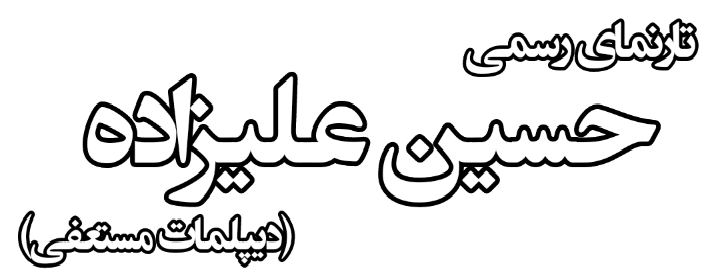ژوئن 18, 2024
گفتگو با کیهان لندن درباره کتاب «بازخوانی مفهوم امت»؛ سید قطب و نواب صفوی دو پدر معنوی علی خامنهای
حسین علیزاده کاردار پیشین سفارت ایران در فنلاند که همزمان با اعتراضات به نتایج انتخابات ریاست جمهوری اسلامی خرداد ۸۸،…
می 9, 2024
انتشار کتاب «بازخوانی مفهوم سیاسی امت» به قلم حسین علیزاده….Re-Thinking The Politics OfThe Umma (Muslim Bloc)
اسلام سیاسی به دنبال کسب قدرت سیاسی بر پایه ایمان مسلمانان است. گروهها و جریانات سیاسی اسلامگرا نه تنها متکثرمیباشند…
مارس 30, 2024
پیام سفر اسماعیل هنیه به تهران و آینده جنگ غزه
تاریخ انتشار: ۲۹ مارس ۲۰۲۴ / سایت زیتون به قلم حسین علیزاده تنها یک روز پس از تصویب قطعنامه شورای…
مارس 26, 2024
زمینهها و پیامدهای قطعنامهٔ درخواست آتشبس فوری در جنگ غزه
تاریخ انتشار: رادیوفردا / ۲۶ مارس ۲۰۲۴ حسین علیزاده پس از گذشت نزدیک به شش ماه (دقیقا در روز ۱۷۶…
فوریه 16, 2024
سفر اردوغان به قاهره؛ تأثیر جنگ غزه بر گرمشدن روابط مصر و ترکیه پس از ۱۰ سال
تاریخ انتشار: ۱۶ فوریه ۲۰۲۴/ رادیو فردا سفر رجب طیب اردوغان، رییس جمهور ترکیه، به مصر و استقبال گرم عبدالفتاح…










